International Community Urged to Devise New Strategies for Palestine and Kashmir as Old Approaches Fail: Muhammad Mehdi
International Community Urged to Devise New Strategies for Palestine and Kashmir as Old Approaches Fail: Muhammad Mehdi
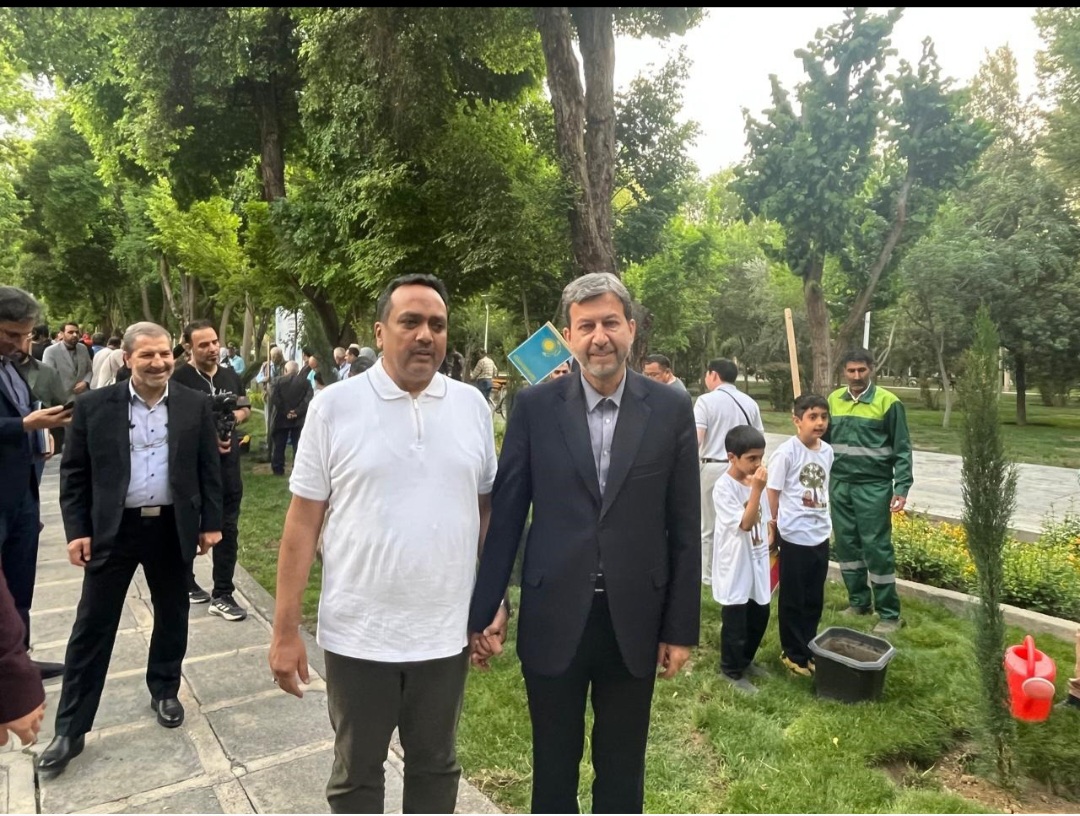
Pakistan scholar and foreign affairs expert Muhammad Mehdi has called for urgent collective action by the international community, particularly the Muslim world, to develop fresh, comprehensive strategies to address the Palestine-Israel conflict and the Kashmir dispute. He emphasized that all previously attempted solutions have failed miserably, leaving the crises unresolved.
Mehdi shared these views during a media roundtable upon his return from high-profile visits to Turkey and Iran. In Turkey, he addressed the Palestine Contact Group at the Anatolia Diplomacy Forum, while in Iran, he delivered lectures at two universities on human rights and international relations among Islamic nations.
Criticizing the current diplomatic efforts on Palestine as a "big flop," Mehdi questioned why the same ineffective strategies were being revisited without yielding tangible results. "Do we have alternative approaches to resolve this issue?" he asked, expressing concern over the mishandling of the Syrian crisis and the broader disunity among Muslim nations.
He raised critical questions about the Muslim world’s role in global diplomacy: "Did we try to unite Muslims or contribute to their disintegration? Have we formed a strong bloc to influence U.S. policy on Palestine? Amid widespread protests in the U.S. and Europe, did Muslim nations attempt to intervene? And are UN resolutions on Palestine impactful enough to deter Israel?" Mehdi argued that diplomatic efforts have regressed to square one, making further attempts futile unless more robust measures are taken.
However, he praised the Palestine Contact Group meeting in Turkey, crediting President Recep Tayyip Erdoğan for facilitating meaningful dialogue on Palestine. The forum also brought together Russian and Ukrainian leaders, marking a rare diplomatic achievement. On the sidelines, Mehdi met with Palestinian Prime Minister Muhammad Mustafa and Turkish Foreign Minister Hakan Fidan.
Discussing human rights violations in Kashmir and Palestine, Mehdi blamed the absence of accountability in man-made rights systems, which he said are easily manipulated. He criticized Western powers for their historical neo-colonial exploitation while claiming to champion modern human rights. "The Magna Carta’s proponents never fully adhered to its principles, and its violations are evident across Asia and Africa," he noted.
Mehdi highlighted that Islamic teachings had introduced advanced human rights concepts centuries before the Magna Carta, with the Prophet Muhammad’s (PBUH) era serving as a practical model. During his lecture at Imam Reza University in Iran, he stressed the need for stronger economic and political collaboration among Muslim nations, proposing the revitalization of the D-8 organization to amplify their global influence.
He urged Saudi Arabia to join the D-8 to project unified strength, lamenting the Organization of Islamic Cooperation’s (OIC) ineffectiveness. "Without economic empowerment, Muslim voices remain weak in international forums," he concluded.
Comments
Most Read
U.S. Ambassador Expresses Interest in Visiting Koh Samui — Ranked 7th Best Island in the World by Travel + Leisure
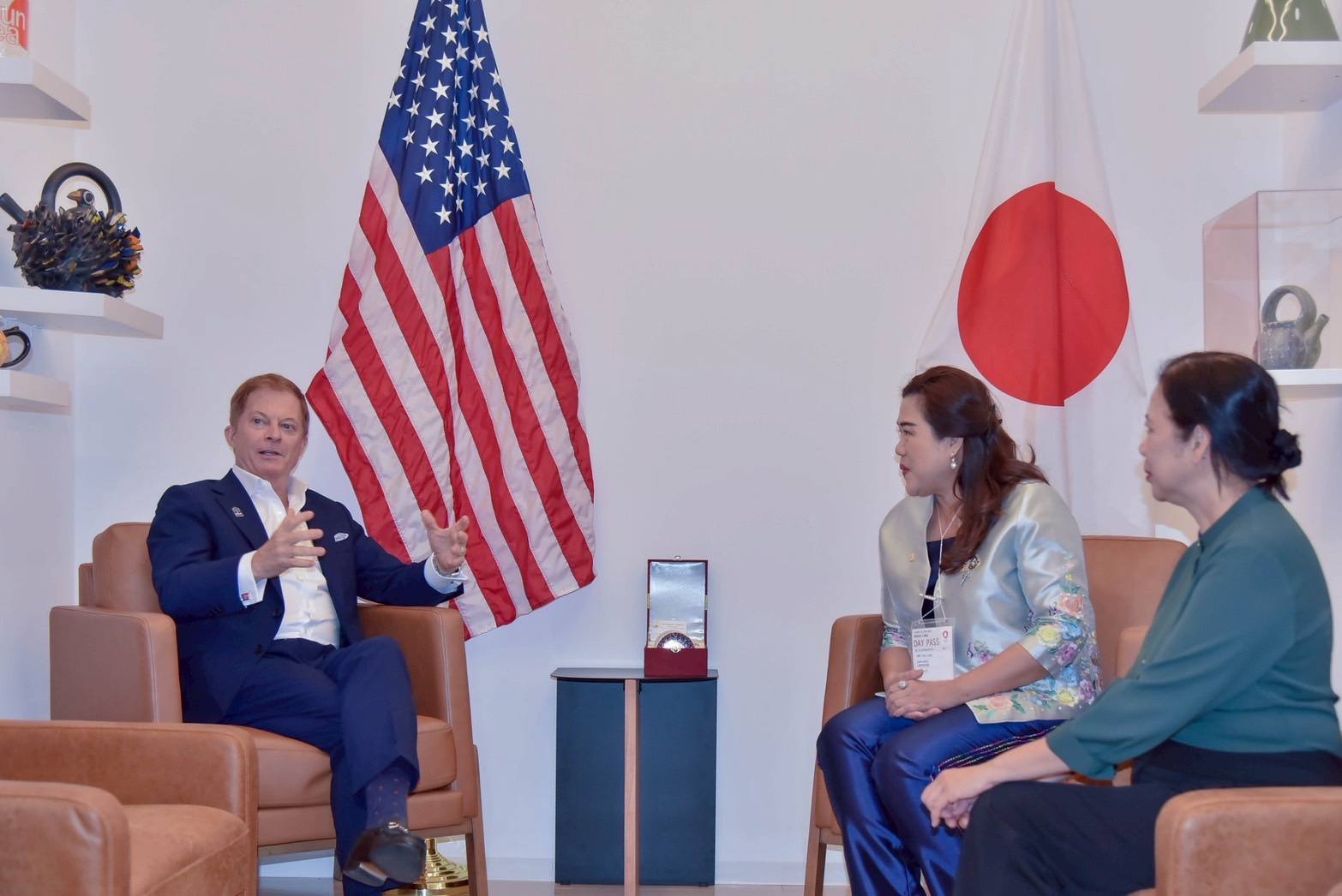
President Zardari Pays Homage to Martyred Army Officers in Bannu and South Waziristan
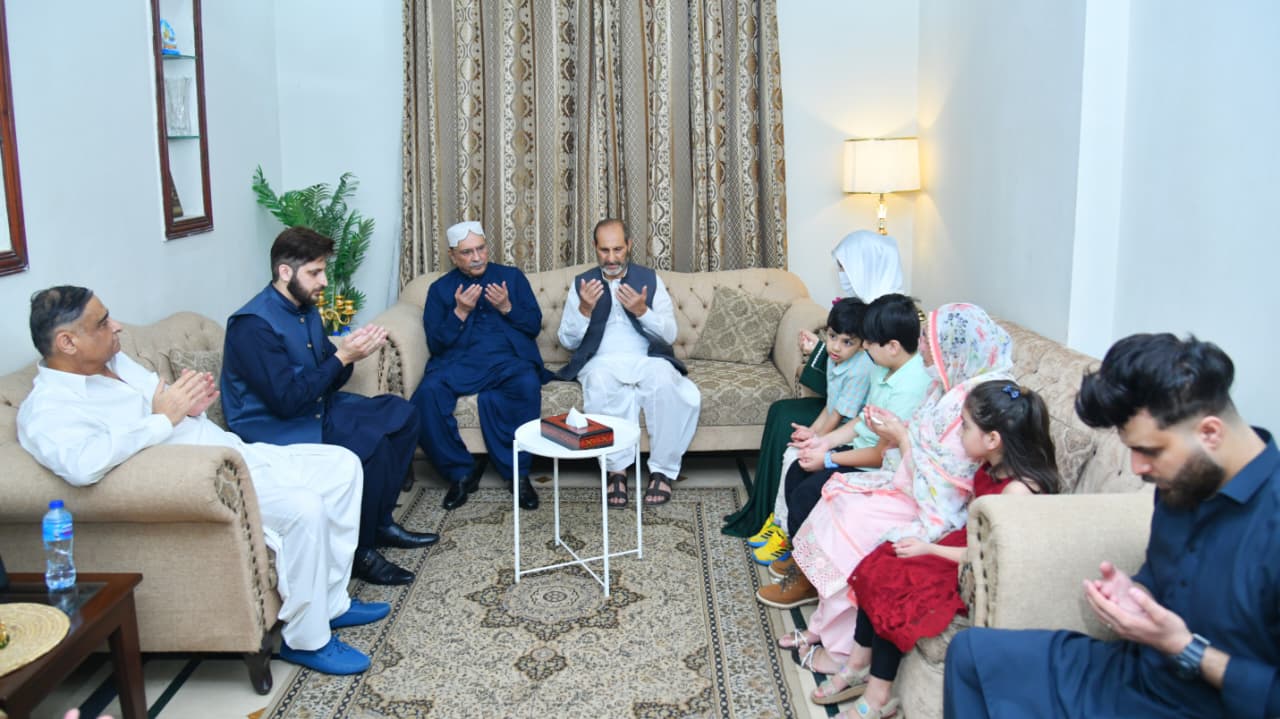
Pakistan Embassy in Thailand to Hold Khuli / E-Kachehri for Community
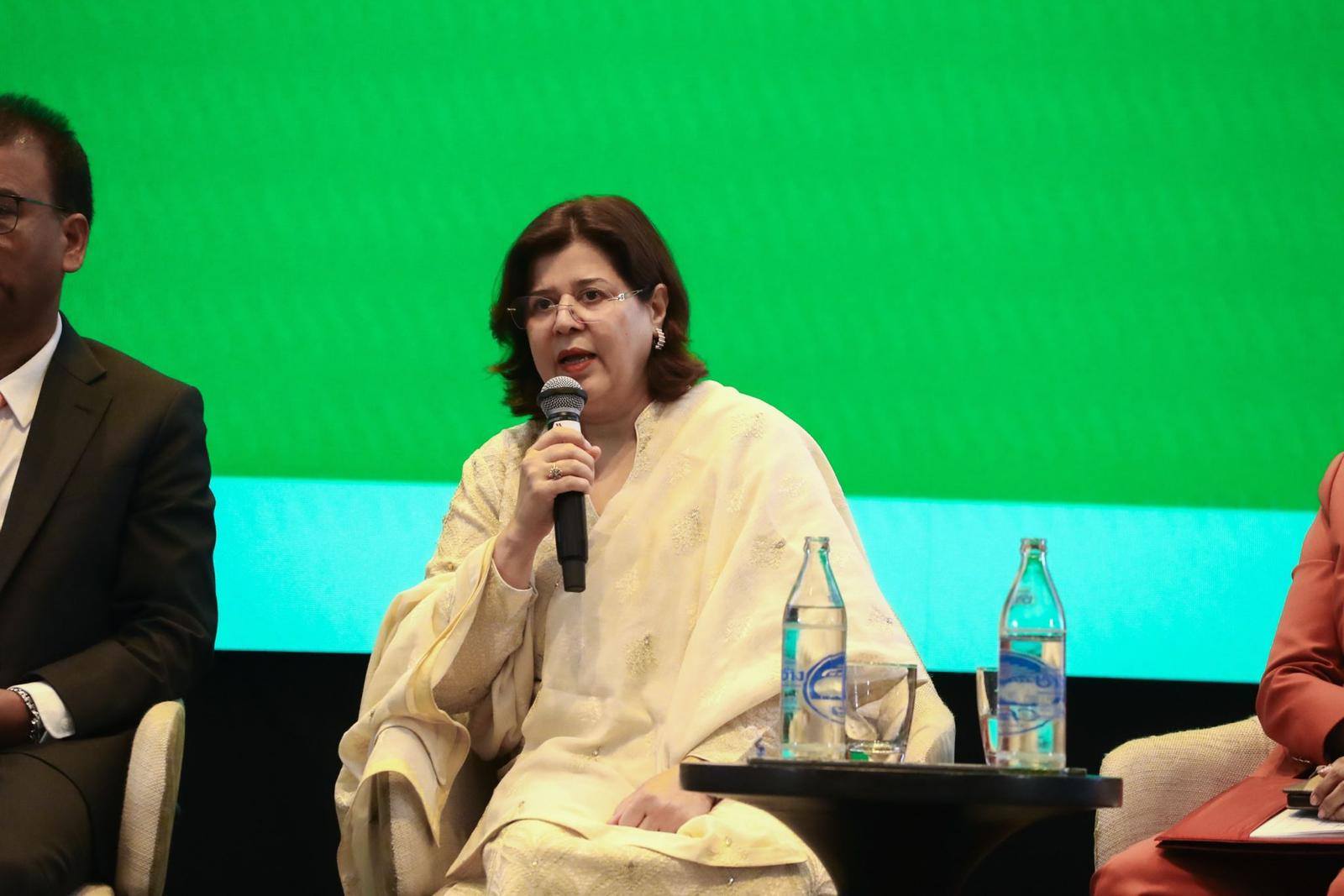
PPP Demands Agriculture Emergency and Immediate Relief for Flood Victims
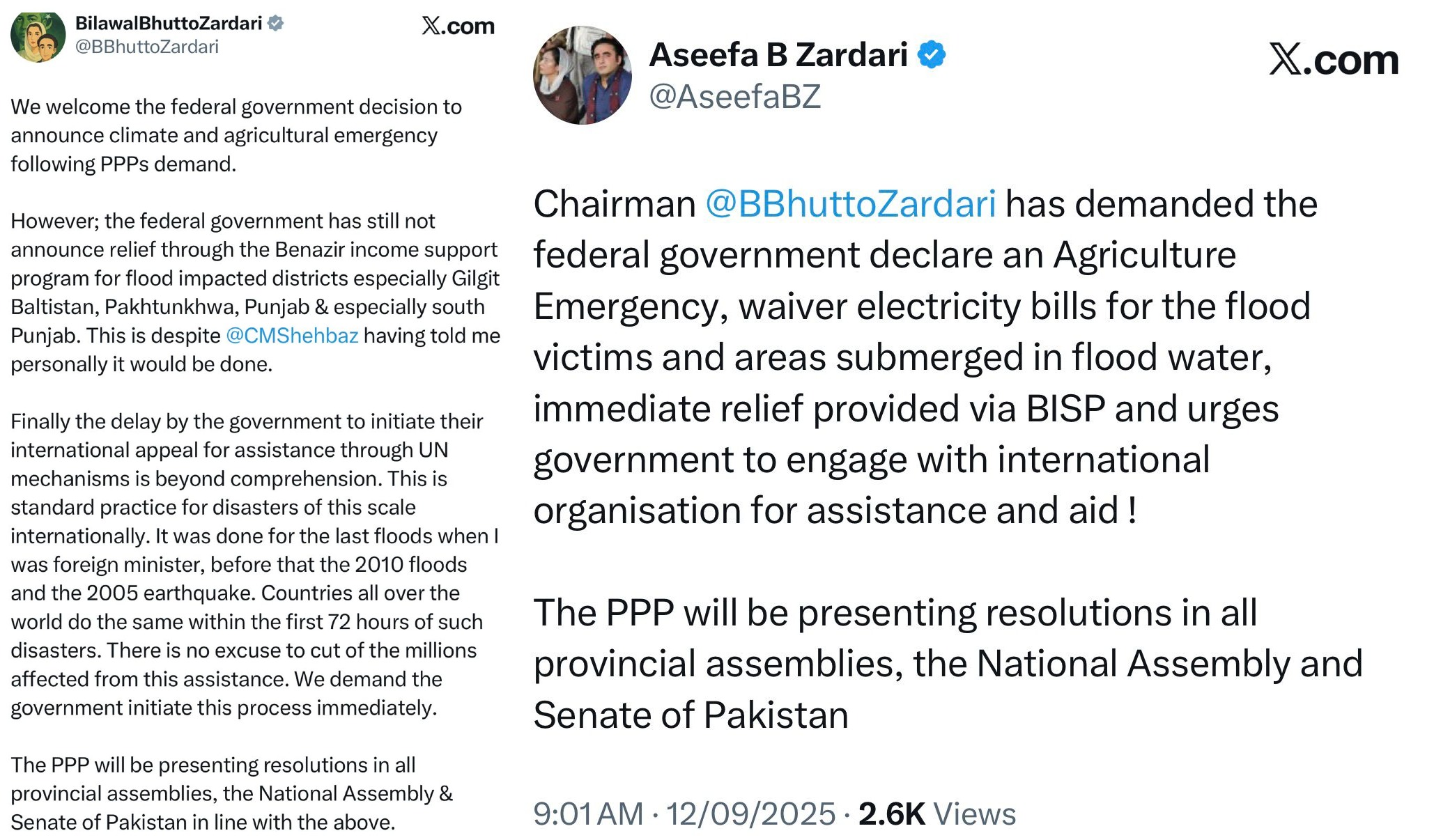
President Zardari Commends Security Forces on Elimination of Indian Proxy Terrorists
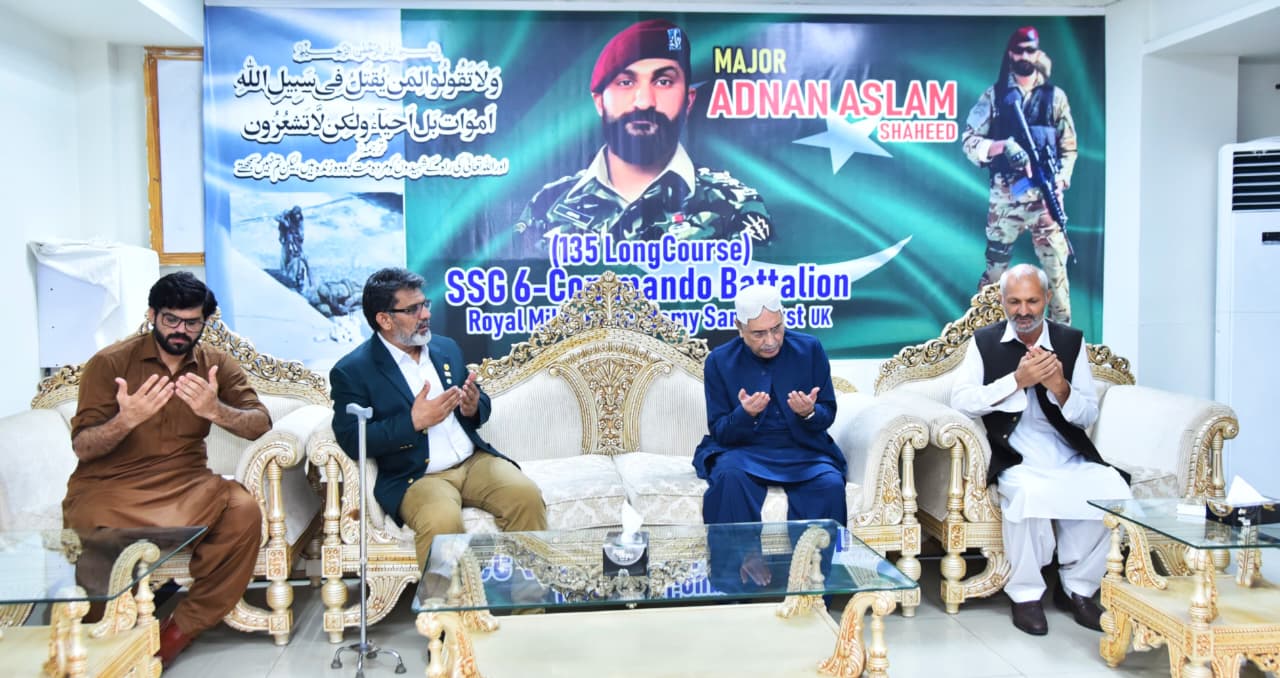
Important Seminar Held on 23rd Death Anniversary of Father of Socialism Sheikh Rashid
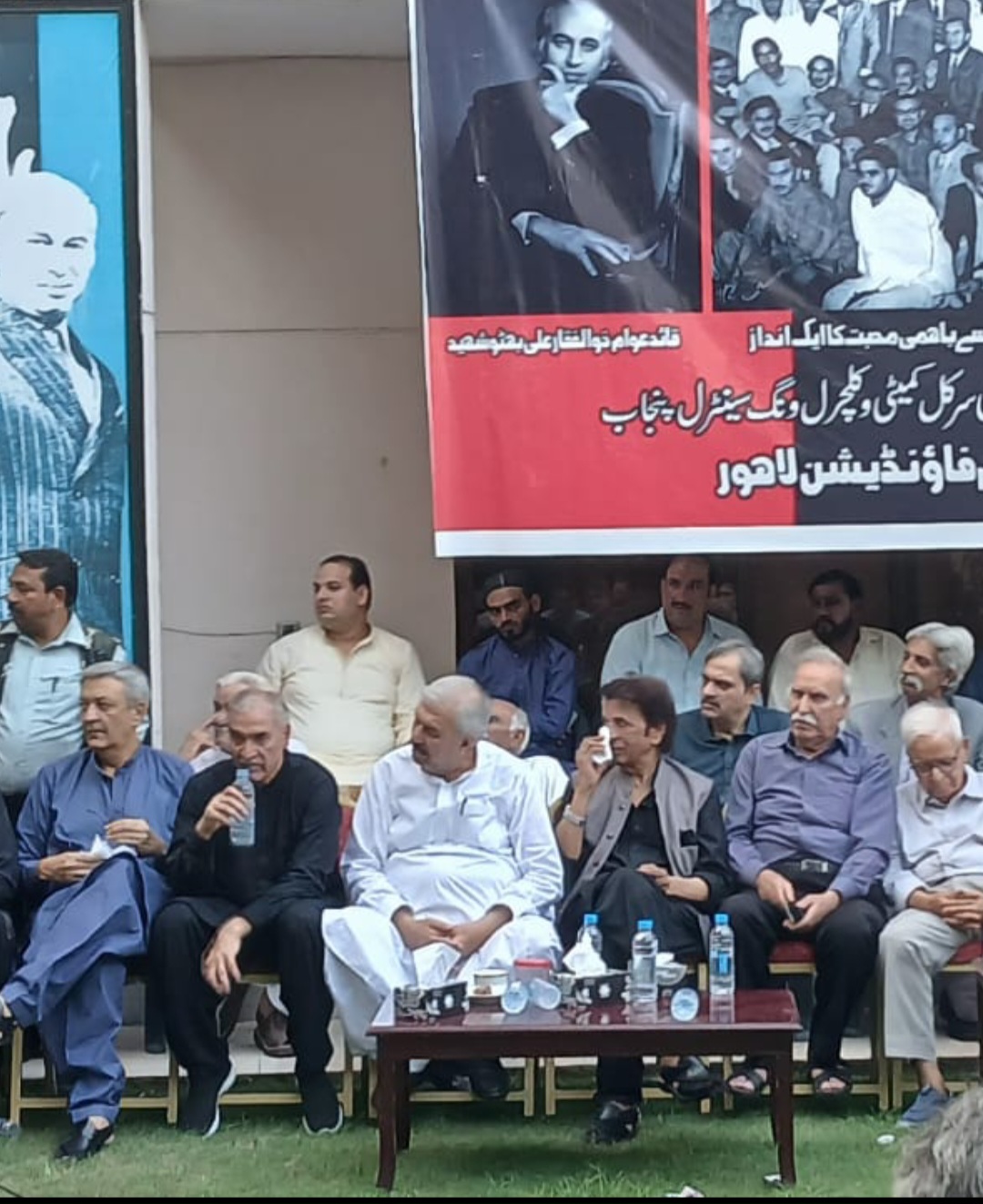
PPP Demands Government Utilize BISP Data for Flood Victim Relief Distribution
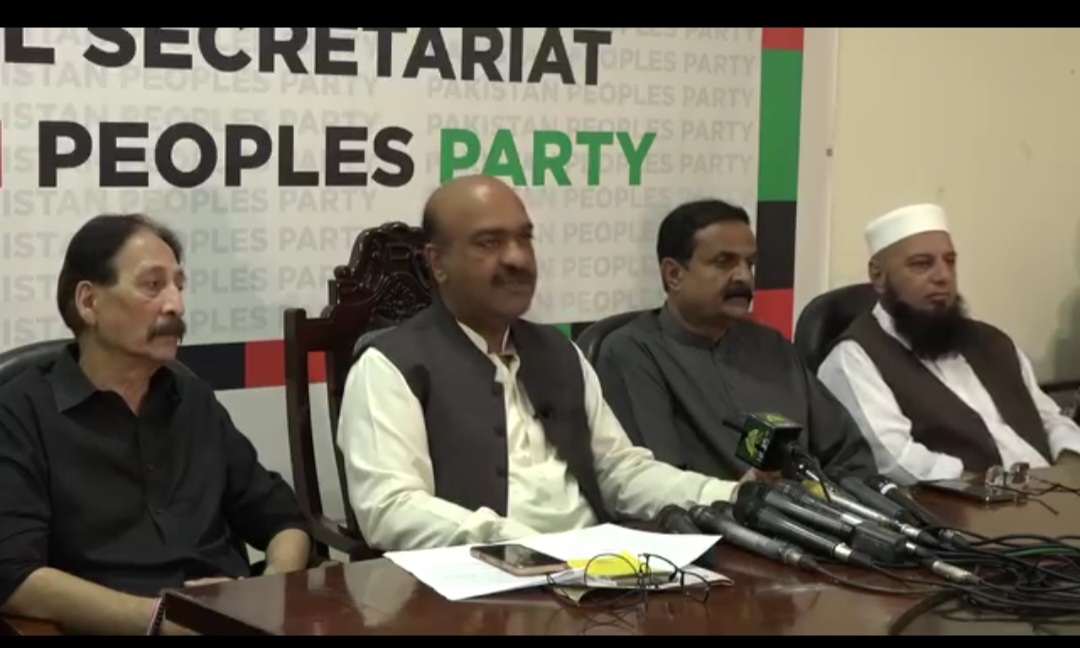

No comments yet.